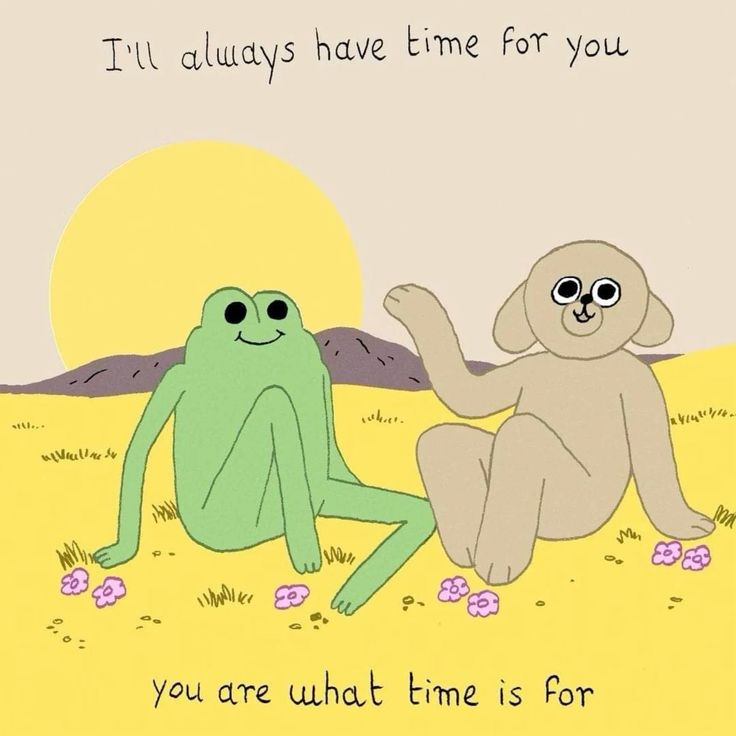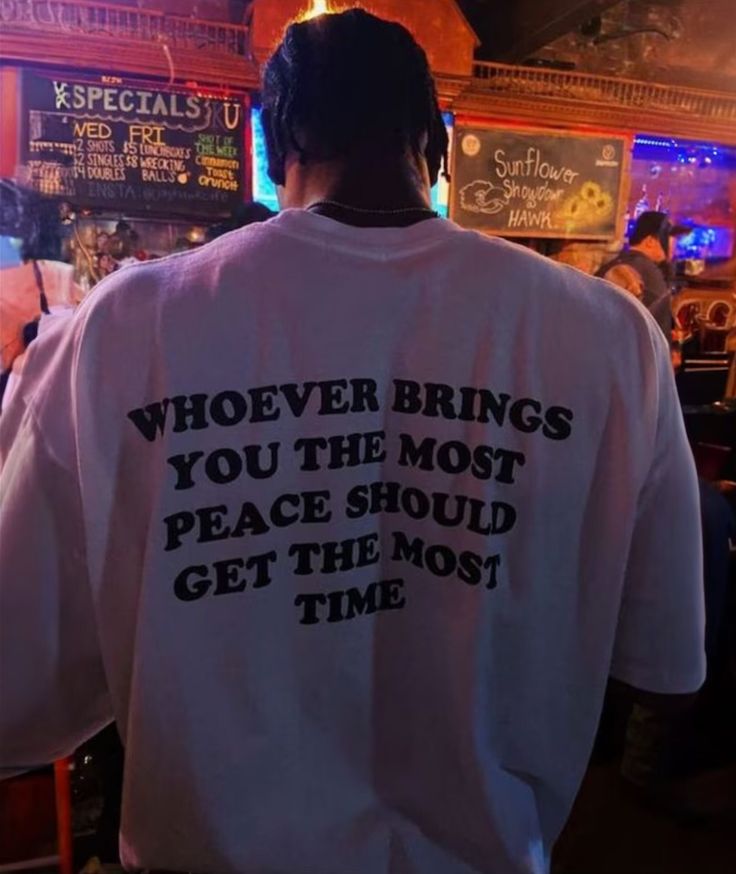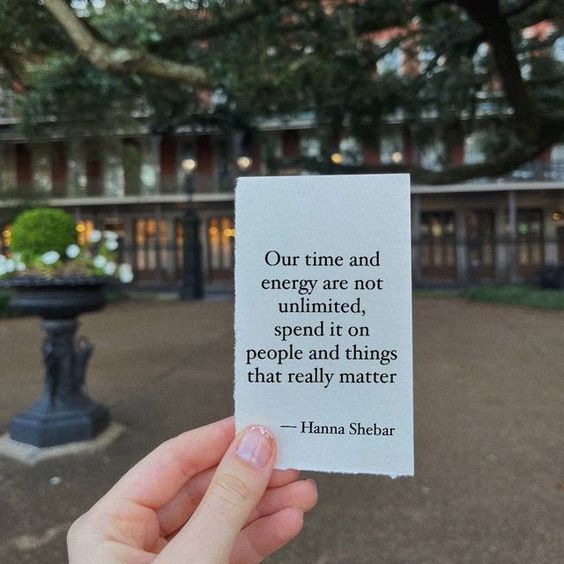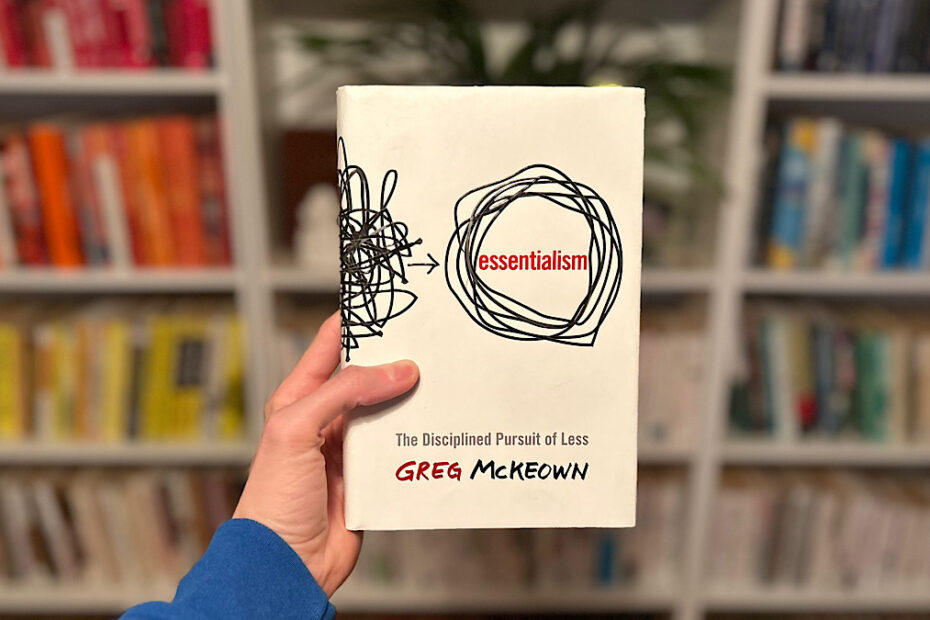“When you start protecting your time, something interesting happens. People who depend on you learn to plan better themselves. They start respecting your boundaries. And the stuff that’s truly urgent becomes clear. Will some people be disappointed? Definitely. And that’s okay. Because building a meaningful life sometimes means disappointing others to avoid constantly disappointing yourself. How you spend your time is a reflection of your priorities. And you don’t need to apologize for prioritizing what matters to you.”
Justin Welsh
“It takes discipline not to insist on doing everything yourself. Especially when you know how to do many of those things well. Especially when you have high standards about how they should be done. Even if you enjoy doing them—whether that’s mowing your own lawn, writing your speeches, making your own schedule, or answering your own phone. Often, the best way to manage the load is to share the load. Woe is the person who wears themselves out on trivial matters and then, when the big moments come, is out of energy. Woe is the person (and the people around them) who is so mentally exhausted and strung out because they’ve taken everything upon themselves that now, when things go wrong, there’s no slack or cushion to absorb the additional stress.”
Ryan Holiday, Discipline Is Destiny (Page 193)
“These days, I try to treat my attention like the precious resource that it is. I keep my phone on Do Not Disturb, 24/7/365. Only my wife and mother can get through. And everything else can wait. I schedule one hour of ‘thinking time’ every week. Just me, a pencil, and a notebook. No devices. I use an auto-responder on most social channels. This helps set clear expectations, and I’ve found people usually respect boundaries when you lay them out. I say no to 100% of ‘brain-pick’ requests. My mental space is non-negotiable. I’ve shared almost everything I know through social media, podcast interviews, and my digital products. My auto-responders redirect people to my content when they want advice. I protect my sleep religiously. I’m in bed by 9:30 pm most nights. And I’ve started leaving my phone in the kitchen. One of the surprising parts about all this is that my business hasn’t suffered. Because clear thinking leads to better decisions, and better decisions lead to better outcomes.”
Justin Welsh
“The number of people who stand ready to consume one’s time to no purpose is almost countless.”
Booker T. Washington, via Discipline Is Destiny (Page 116)
“Two simple rules: (1) You get better at what you practice. (2) Everything is practice. Look around and you may be surprised by what people are “practicing” each day. If you consider each moment a repetition, what are most people training for all day long? Many people are practicing getting mad on social media. Others are practicing the fine art of noticing how they have been wronged. Still more have mastered the craft of making plans (but never following through). But, of course, it doesn’t have to be that way. What are you practicing?”
James Clear
“Setting priorities requires setting posteriorities as well. A priority is something that you do more of and sooner, whereas a posteriority is something you do less of or later. You are probably already overwhelmed with too much to do and too little time. Because of this, for you to embark on a new task, you must discontinue an old task. Getting into something new requires getting out of another activity. Before you commit to a new undertaking, ask yourself, ‘What am I going to stop doing so that I have enough time to work on this new task?'”
Brian Tracy, via No Excuses! (Page 193)
“Productivity is most important for things you don’t want to be doing. Most people want to increase productivity so they can spend less time on the task. But before you worry about being more productive, think about being more selective. Rather than focusing on increasing productivity, it may be worth asking, ‘What would I be delighted to spend time on, even if it went slowly?’ Direct your energy toward figuring out how to start what you want to do rather than thinking about how to shorten what you don’t want to do.”
James Clear
“How can I overlap the things I enjoy? For example, maybe you want to exercise and spend time with your spouse. What type of exercise sounds fun to do with your spouse? Or perhaps you’d like to hang out with friends and build your career. How can you find ways to work with people you like being around? It doesn’t always work, but there are usually a few areas of life you can overlap in an enjoyable way. Look for the overlap.”
James Clear
“Try to imagine a life without timekeeping. You probably can’t. You know the month, the year, the day of the week. There is a clock on your wall or the dashboard of your car. You have a schedule, a calendar, a time for dinner or a movie. Yet all around you, timekeeping is ignored. Birds are not late. A dog does not check its watch. Deer do not fret over passing birthdays. Man alone measures time. Man alone chimes the hour. And, because of this, man alone suffers a paralyzing fear that no other creature endures. A fear of time running out.”
Mitch Albom
23 Greg McKeown Quotes from Essentialism and How To Live Better Via Less
Excerpt: These quotes from Essentialism present a hard-to-argue-with case for a better life via less. Maybe “more” isn’t what we need more of after all…
Read More »23 Greg McKeown Quotes from Essentialism and How To Live Better Via Less
“The central fact of my own life is my death. After a while, it will all come to nothing. Whenever I have the courage to face this, my priorities become clear.”
Sheldon B. Kopp, If You Meet Buddha On The Road, Kill Him! (Page 42)
“If you have correctly identified what really matters, if you invest your time and energy in it, then it is difficult to regret the choices you make. You become proud of the life you have chosen to live. Will you choose to live a life of purpose and meaning, or will you look back on your one single life with twinges of regret? If you take one thing away from this book, I hope you will remember this: whatever decision or challenge or crossroads you face in your life, simply ask yourself, ‘What is essential?’ Eliminate everything else.”
Greg McKeown, Essentialism (Page 237)
“When faced with so many tasks and obligations that you can’t figure out which to tackle first, stop. Take a deep breath. Get present in the moment and ask yourself what is most important this very second—not what’s most important tomorrow or even an hour from now. If you’re not sure, make a list of everything vying for your attention and cross off anything that is not important right now.“
Greg McKeown, Essentialism (Page 221)
“Recently I had taught a full day on Essentialism to an executive team in New York. I had thoroughly enjoyed the day and had felt present throughout. But by the time I returned to my room I felt a sudden pull in a million directions. Everything around me was a reminder of all of the things I could be doing: check my e-mail, listen to messages, read a book I felt obligated to read, prepare the presentation for a few weeks from now, record interesting ideas that had grown out of the day’s experiences, and more. It wasn’t just the sheer number of things that felt overwhelming, it was that familiar stress of many tasks vying for top billing at the same time. As I felt the anxiety and tension rise I stopped. I knelt down. I closed my eyes and asked, ‘What’s important now?’ After a moment of reflection I realized that until I knew what was important right now, what was important right now was to figure out what was important right now!”
Greg McKeown, Essentialism (Page 220)



